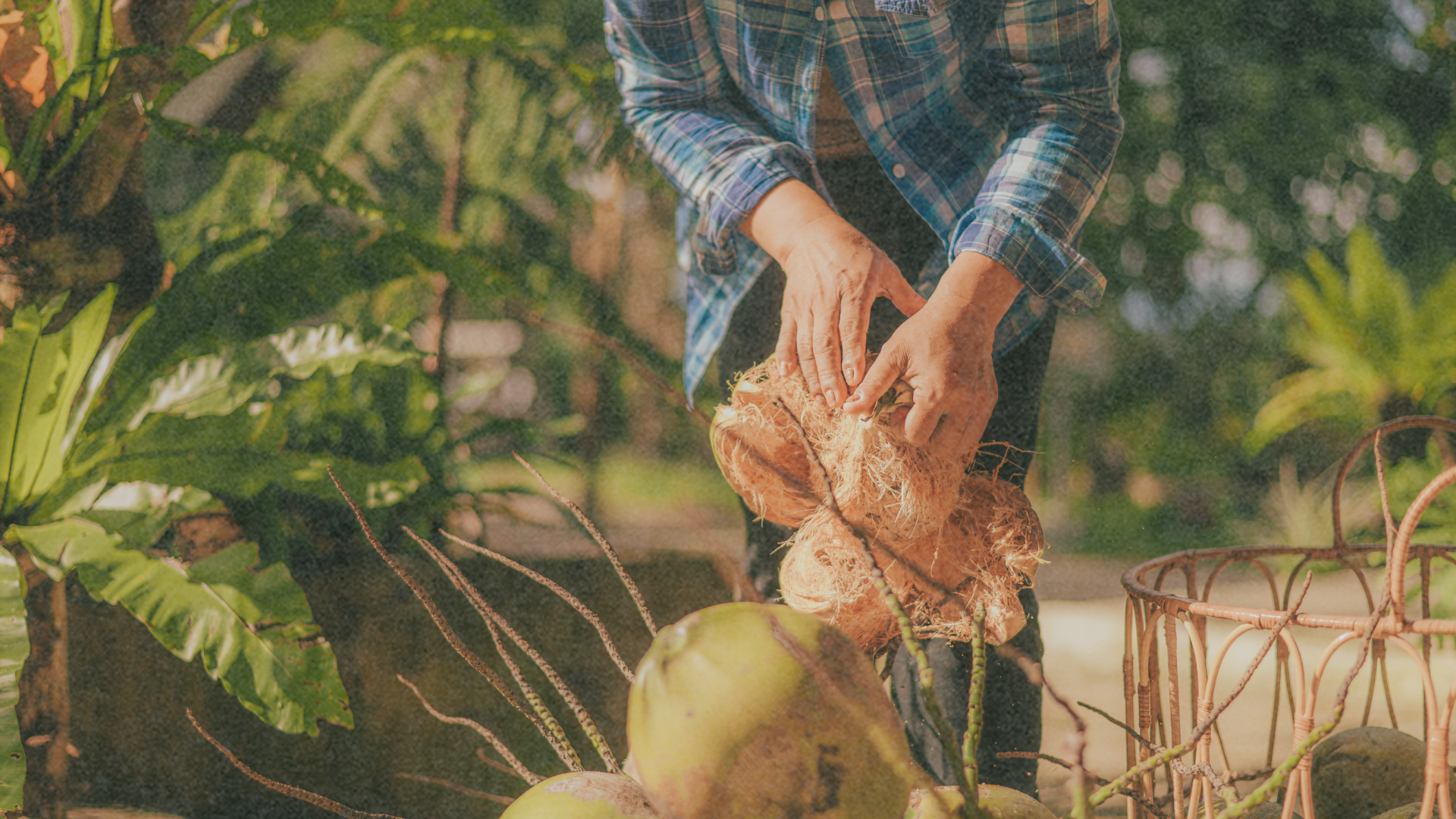In a bold move toward environmental stewardship and food security, the Capiz provincial government led the planting of 350 dwarf coconut seedlings in Barangay Concencia, Panitan. Framed by local leaders as a “modern-day freedom fight,” the initiative targets pressing challenges in the province—hunger, poverty, and recurring flooding—by harnessing the long-term benefits of sustainable agriculture.
This symbolic tree-planting initiative, led by the provincial government and the Philippine Coconut Authority (PCA), aligns with Capiz’s broader goal of building community resilience through sustainable agriculture and climate-responsive programs.
Resilience Rooted in Nature
Capiz Governor Fredenil Castro underscored the deeper meaning of this initiative, saying, “Independence Day is not just about our liberation from foreign colonizers, but also freedom from hunger and flooding.” His statement reflects a shift in public policy—one that recognizes resilience as key to true freedom.
Coconut farming is emerging as a viable solution. Not only does it promise long-term food supply and livelihood opportunities, but its integration into local farming systems—such as the “Kalubihan sa Kamaisan” coconut intercropping program—offers a nature-based solution to flood control and soil degradation.
According to studies by the Department of Agriculture, coconut trees can significantly reduce erosion in cornfields, which are often susceptible to heavy runoff. Their roots help stabilize the soil, mitigate flood risks, and restore upland forest cover—all of which contribute to a more climate-resilient Capiz.
Economic Boost and Food Security
The tree-planting effort complements other local economic initiatives. Among them is the anticipated Aquaculture Feedmill Plant in Barangay Bahit, Panay, which has recently gained congressional approval. This facility is expected to stimulate the local coconut industry and provide additional income for farmers by creating a demand for coconut by-products.
Alongside these efforts, the provincial government also held a Kadiwa ng Pangulo street market, providing residents access to affordable local produce. These combined strategies illustrate how Capiz is taking a comprehensive approach to resilience, balancing ecological restoration with economic empowerment.
A Shared Responsibility
The success of the initiative is owed to a collective effort. Volunteers from the PCA, Bantay Dagat patrollers, barangay officials, and even radio station staff from Radyo Maragtas joined hands in this endeavor. PCA Provincial Coconut Development Manager Andy Laurilla revealed an ambitious target: 147,175 coconut trees to be planted across Capiz in 2025 under five separate projects.
This shows that resilience is not the burden of government alone—it is a shared commitment between public institutions and local communities.
A Greener, Safer Tomorrow
Through initiatives like this, Capiz is not only commemorating the past but also securing its future. By investing in nature-based solutions and inclusive development, the province is sowing the seeds of true independence, one that empowers its people to thrive amid climate challenges.
As these seedlings take root, so does a stronger, more resilient Capiz.



Leave a Reply